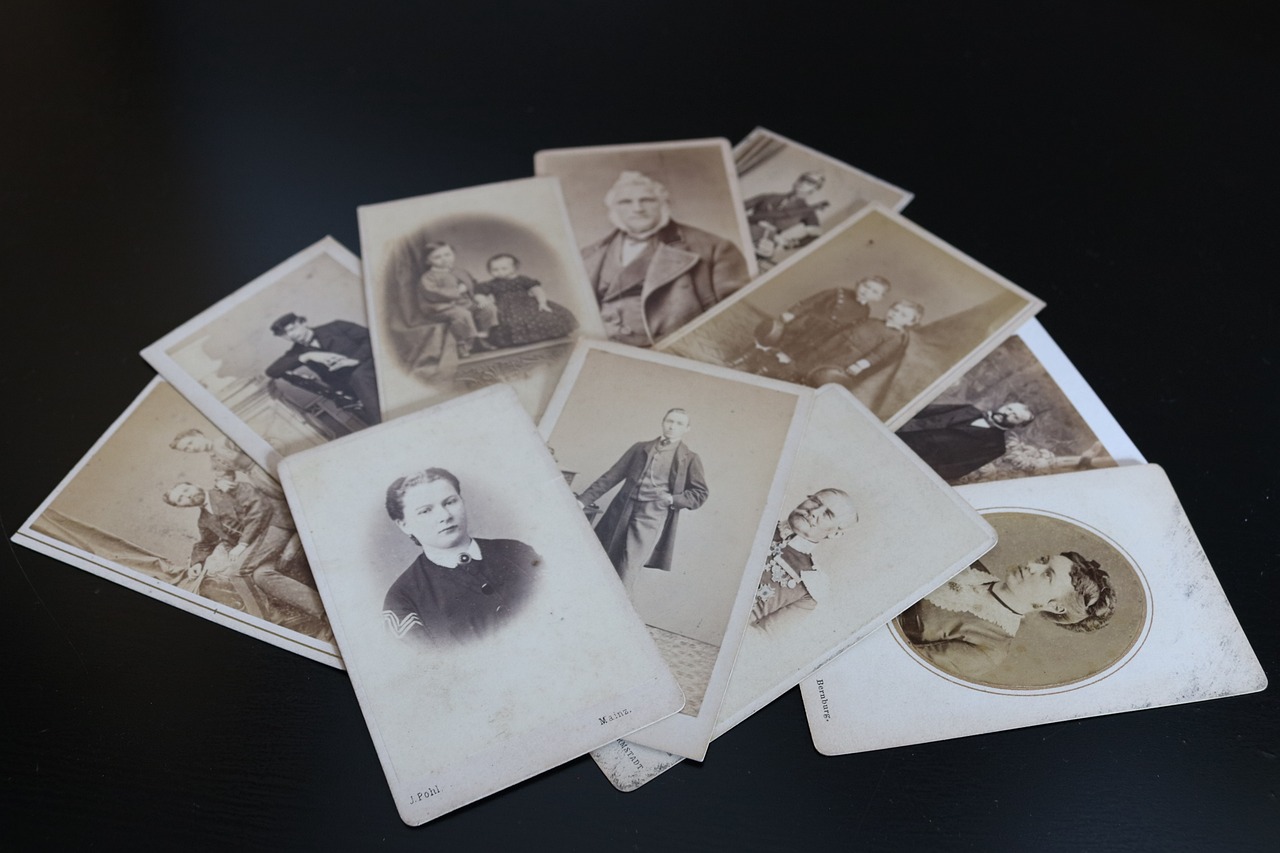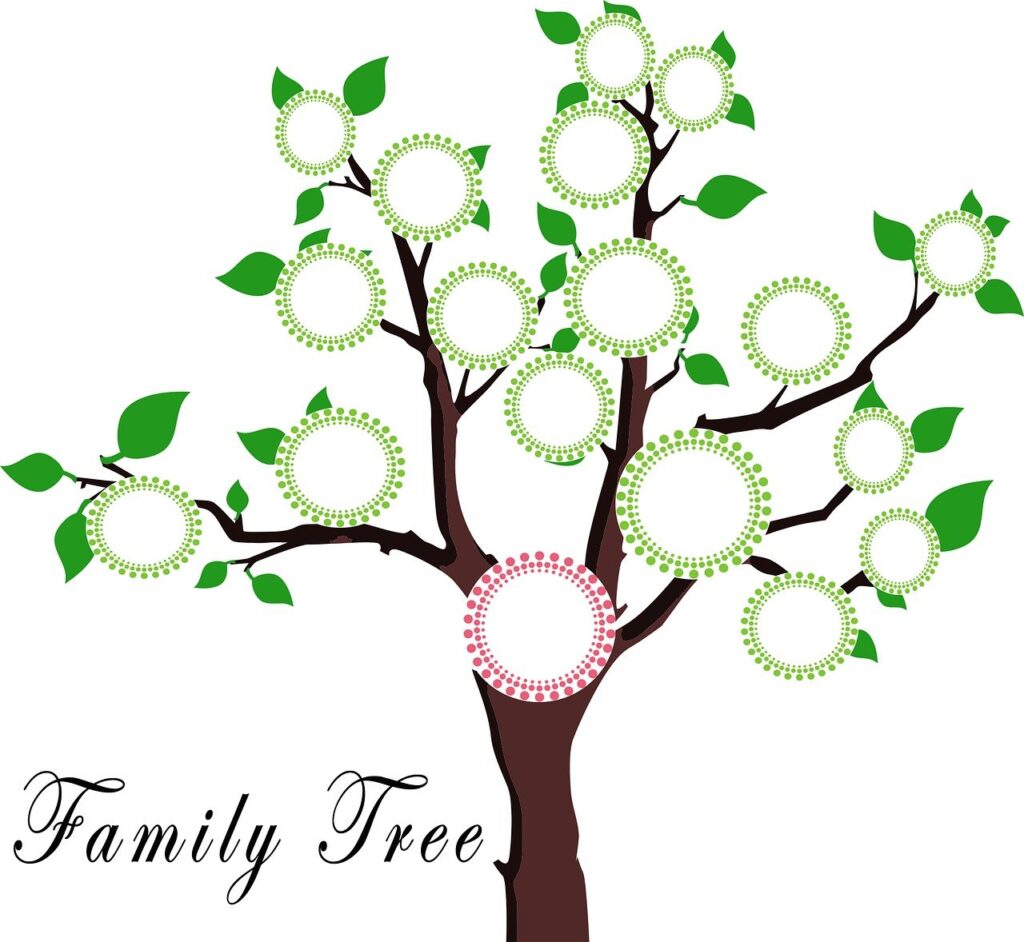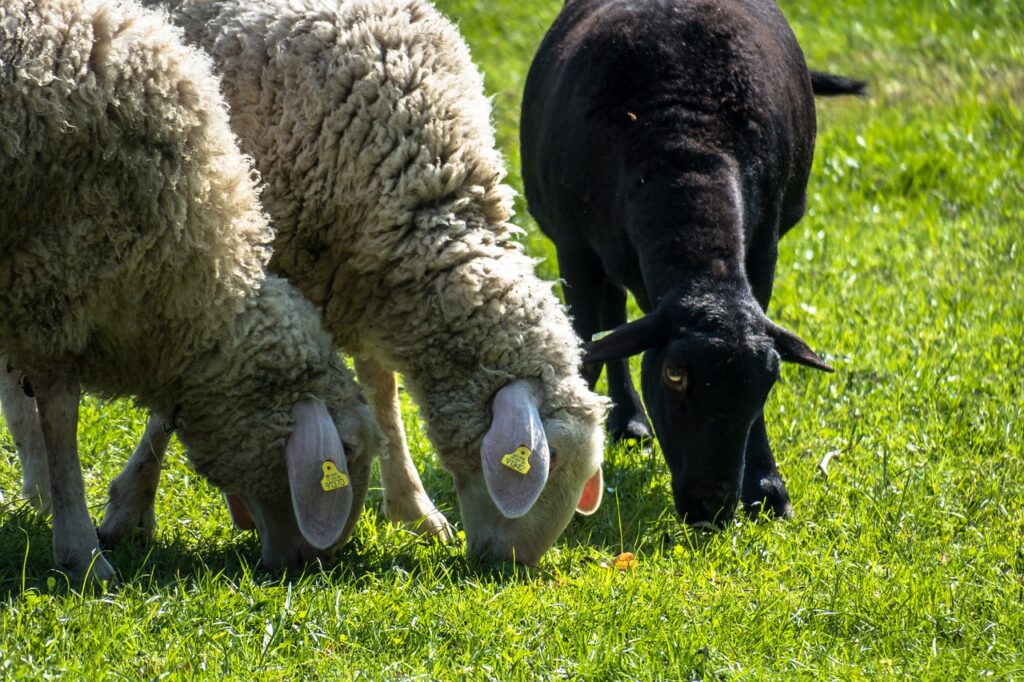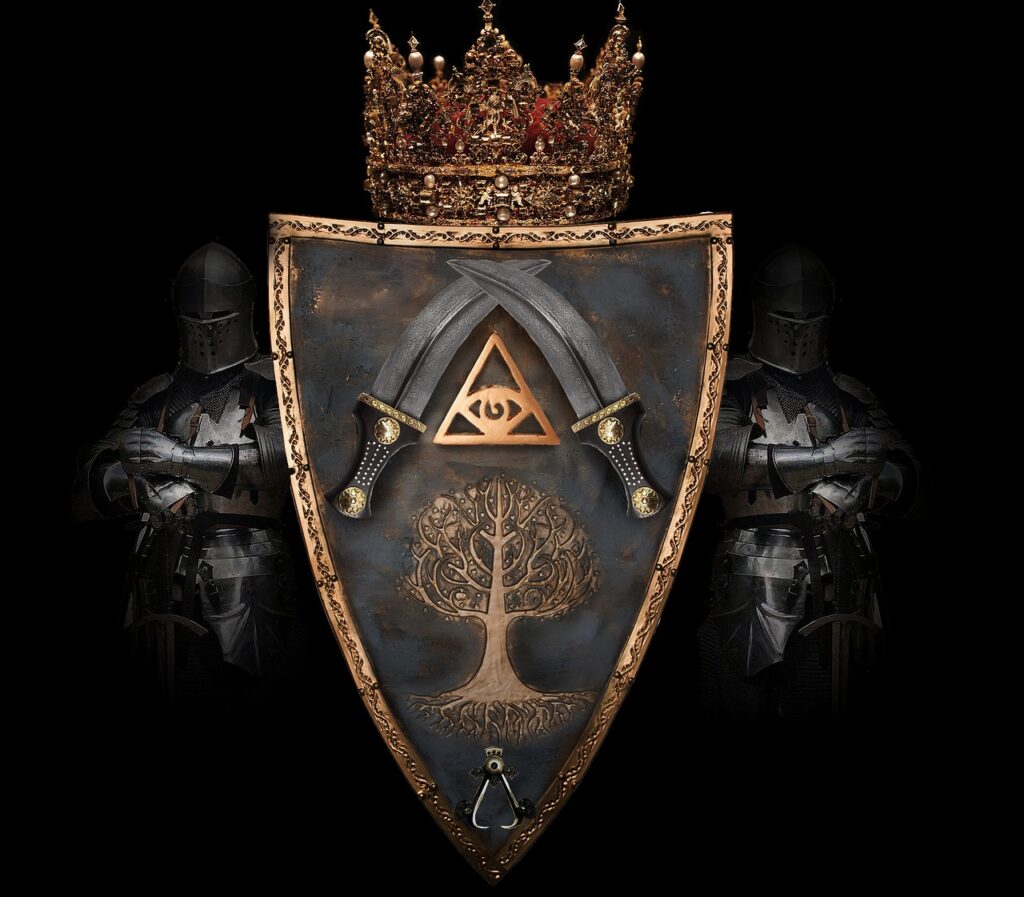One of these Names is Not Like the Others! One of these Names Doesn’t Belong!

So and So begat What’s His Name
The first time I ever heard a genealogy from the Bible was in grade school. “And So and So begot What’s His Name and What’s His name begot Who’s It,” read my grandpa Donaldson without batting an eye. My family laughed except for Grandma Erma. She was not amused by what she deemed irreverent.
I know a few people who get excited about genealogies, like my mom; usually, these people are genealogists. Only brave souls study and compile a family genealogy. When they do, it’s typically personal for their family.

The Apostal Matthew, however, recorded the genealogy of Jesus. Luke also took on this task from a different side of the family. While these are the only two genealogies in the New Testament, lists of who begat who saturate the Old Testament. But in the genealogies of the Bible, Matthew’s is unique.
Some argue the genealogy in Matthew is unique because it mentions women. The Old Testament genealogies rarely mentioned women. However, the patens of Israel’s kings all include women. Matthew’s Gospel establishes Jesus’ legal claim to David’s throne and exalts Him as the King of Kings. A Jewish reader would expect to see some of their queens listed. So, mentioning four women by name is not an anomaly; however, one character is. Uriah!

As I study the genealogies of Scripture, the listing of Uriah should strike us as scandalous. And it does, but not in the way the Lord intends. Our minds too quickly run to his wife, Bathsheba—but despite her blood relationship, her name is absent. The point is not that two adulterers are in the lineage of Christ. While the Lord contrasts a sinful King David with the better King David—Jesus—the sinless King of Kings, there’s more going on with the listing of Uriah.
Uriah is the only time in any Biblical genealogy that a scribe includes the name of a man who is not a relative. If God just wanted to remind us of David’s sin, He could have said, “And David begot Solomon by means of adultery.” But God mentions the name of the victim of this crime, Uriah. When we consider Uriah’s story, we discover two essential truths of the Gospel. First, Uriah exemplifies loyalty to King David. Second, Uriah the Hittite—like the three women mentioned before him—is a Gentile. God vindicated Uriah’s devotion to the King of the Jews by including him in the genealogy of the Messiah. Uriah’s inclusion reminds us Jesus was born to build a kingdom from every tribe, tongue, and nation. Jesus is not just the King of the Jews like David was. Jesus honors and welcomes every person who pledges allegiance to Him as Uriah pledged allegiance to David.

So, as we read Mathew’s Christmas story, slow down in the opening genealogy. Let’s savor every word of God and not insert a name that isn’t recorded. Better yet, let’s stop after reading his name and read Uriah’s story in 2 Samuel 11 – 12. This account reminds us that one man’s sin brings death to many, just as the birth and death of the Savior bring many to life.
The peace on earth Jesus brings is peace with God—the forgiveness of sin and the redemption of all the devastation our sins inflict upon others. Uriah’s name doesn’t belong in Christ’s genealogy any more than our names belong in the Book of Life. But praise God, we can hear the angels sing, “Peace on earth, goodwill to men.” And by God’s grace, our names are written down in glory too. Merry CHRISTmas!
